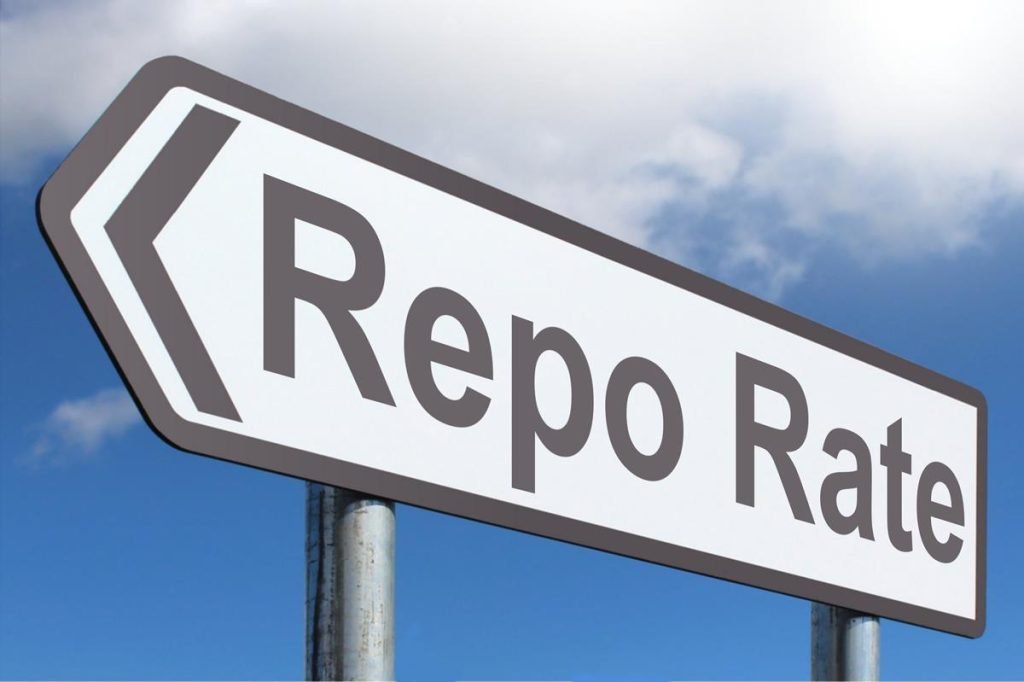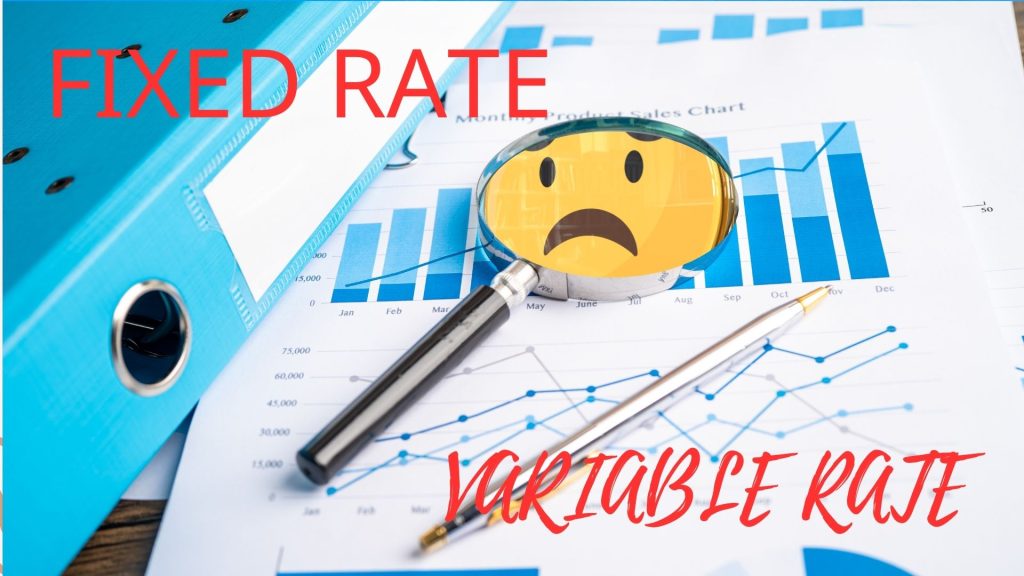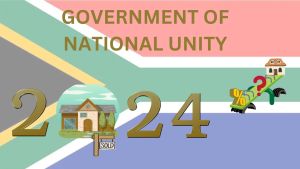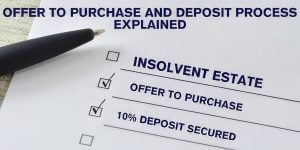
UNCERTAINTY TOWARDS THE PROPERTY MARKET: The current climate in the property market is, well, uncertain for most at best. The current property market, taking recent elections and the unchanged interest rate into account, is certainly not a Seller’s market but rather favours Investors, those who speculate and recurring buyers especially in the Insolvency sector. Why the Insolvency Sector? Before I answer that let’s have a look at the current Interest/Repo Rate and especially its effect on First Time Buyers.
FIRSTLY, IN LAYMANS TERMS WHAT IS A REPO & PRIME LENDING RATE?: The Repo Rate is the rate at which the South African Reserve Bank lends to Commercial Banks which includes the Financial Institutions buyers apply to in obtaining a bond or finance in buying a property. These Commercial Banks or Financial Institutions has a “lend rate” which is higher than the Repo Rate as to cover their profit margin. This “lend rate” is known as the PRIME LENDING RATE or Interest Rate you should be aware of when applying for finance. The Repo Rate, the rate at which the South African Reserve Bank lends to Commercial Banks or Financial Institutions is currently at 8.25%. The current “PRIME LENDING RATE” or INTEREST RATE Commercial Banks or Financial Institutions charge consumers/buyers is at 11.75%. The main reason for higher Repo & Prime Lending Rate is to combat the so-called “inflation.” National year-on-year house price inflation currently, March 2024, stands at 2.77%, showing a slight decrease from the previous month. Some experts predict that the Interest Rate will be reduced in late 2024 but I remain sceptical. The current Prime Lending Rate of 11.75% has stayed the same since May/September 2023 and is still unchanged as of 30 May 2024.

IS IT BENEFICIAL TO BUY IN THE CURRENT PROPERTY CLIMATE?: First Time Buyers will always be cautious whether the Interest Rate is at a low or a high. Even more so when the Interest Rate is high and unchanged for over a year. There are Sellers out there struggling to make ends meet but will stay firm with their selling price. Only Sellers in dire straits will sell out of necessity due to the current climate. Finding such gems is far and few. First time buyers and buyers in general has also learned a lesson when choosing how to repay their bonds. There are two options, “fixed-rate”, or “variable-rate.” Under a fixed-rate home loan, you keep paying the same home loan repayment amount monthly, regardless of fluctuations in the market, for an initial agreed period. BUT: “Fixed-Rate” interest rates expire after the initial agreed period, after which you will have to revert to “variable interest” rates. Although many experts advise the ‘Fixed Rate” I believe it ill-advised and that is my opinion. Many buyers who chose the “fixed rate” option, after the period has ended, in shock and horror found themselves paying excessive bond amounts to stay in line with the current Interest/Prime Lending Rate. I believe it is best to repay your bond at the current Prime Lending Rate and ride the wave/curve rather than getting a surprise once the “fixed rate” period has expired. The current climate could be beneficial IF you can find that “gem” where a Seller needs to sell out of necessity or rather try buying into an Insolvent Estate Property.
WHY BUY AN INSOLVENT ESTATE PROPERTY?: Insolvent Property has always been part of the property market and a lucrative alternative, but a low percentage of people/buyers actually know this. When the REPO/PRIME LENDING rate goes up so does the number of Insolvencies and especially Property within these Insolvent Estates. Although there are pro’s & con’s regarding buying an Insolvent Property the pro’s outweigh the con’s. Insolvent Properties are open to offers and Trustees on behalf of Creditors may be flexible when it comes to accepting offers. There is no “fixed” market valuation although an official valuation is on record as a guideline/benchmark when Trustees look at offers. Trustees consider variables such as area of the property, current condition of property, current market climate and the eagerness to buy, based on various offers received, determining an overall “common” price buyers are willing to pay. These factors make buying Insolvent Property lucrative and acquiring them for up to 30% lower than actual market value. Creditors with the help of appointed Trustees need to sell these properties as quick as possible to recover their debt. For this reason, a “forced sale” is also established which makes buying Insolvent Property a near necessity for any Investor, First time buyers and Recurring buyers. Read more under our What is Insolvency & FAQ section on our website for detailed information. www.cilliersauctioneers.co.za
CONCLUSION: In conclusion, it does not matter whether you buy Private property, Insolvent property, or Commercial property BUT it is advisable to apply for a loan or finance at all reputable Commercial/Financial Institutions to see who gives you the best “Prime Lending Rate.” Lastly, the recent elections might also still make potential buyers feel uncertain especially while awaiting the outcome of the coalitions that will be formed. Anyhow, property is and will always be the best investment around especially with the rise in the rental market.
Happy House Hunting
Heinz Kruger
“Take note that the content above is merely set out as the opinion of the author and his interpretation of the relevant legislation. It will not be regarded as a legal opinion and nor does the writer intend it to be. It is imperative that any reader obtain his own legal opinion relating to any of the content above and will the writer hereof or his employer not be held responsible for any of the content of this article.”




